$2,500 Full-Body Scans Can Find Cancer Early—Do Doctors Recommend It?
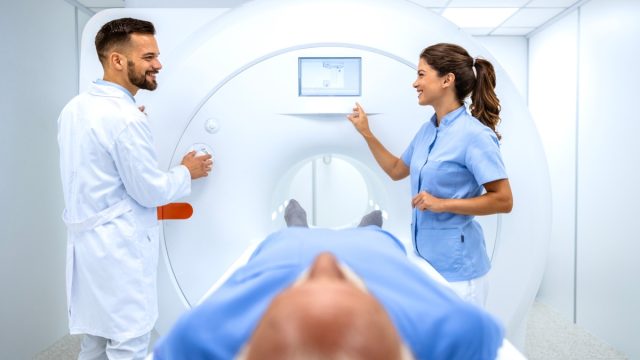
You may have noticed a surprising new trend among celebrities and influencers: One by one, they’re taking to social media to share their experiences of getting full body scans. This proactive approach to medical care—and the belief that more knowledge is always better—is becoming increasingly popular among the upper echelon. However, many doctors warn that there are potential drawbacks when seemingly healthy individuals opt for voluntary screenings. Here’s what medical experts have to say about these $2,500 full-body scans, and whether they’re worth the hefty price tag.
RELATED: New Treatment Could Halve Your Cholesterol, Researchers Say—And It’s Not Statins.
There could be several benefits to getting a full-body scan.
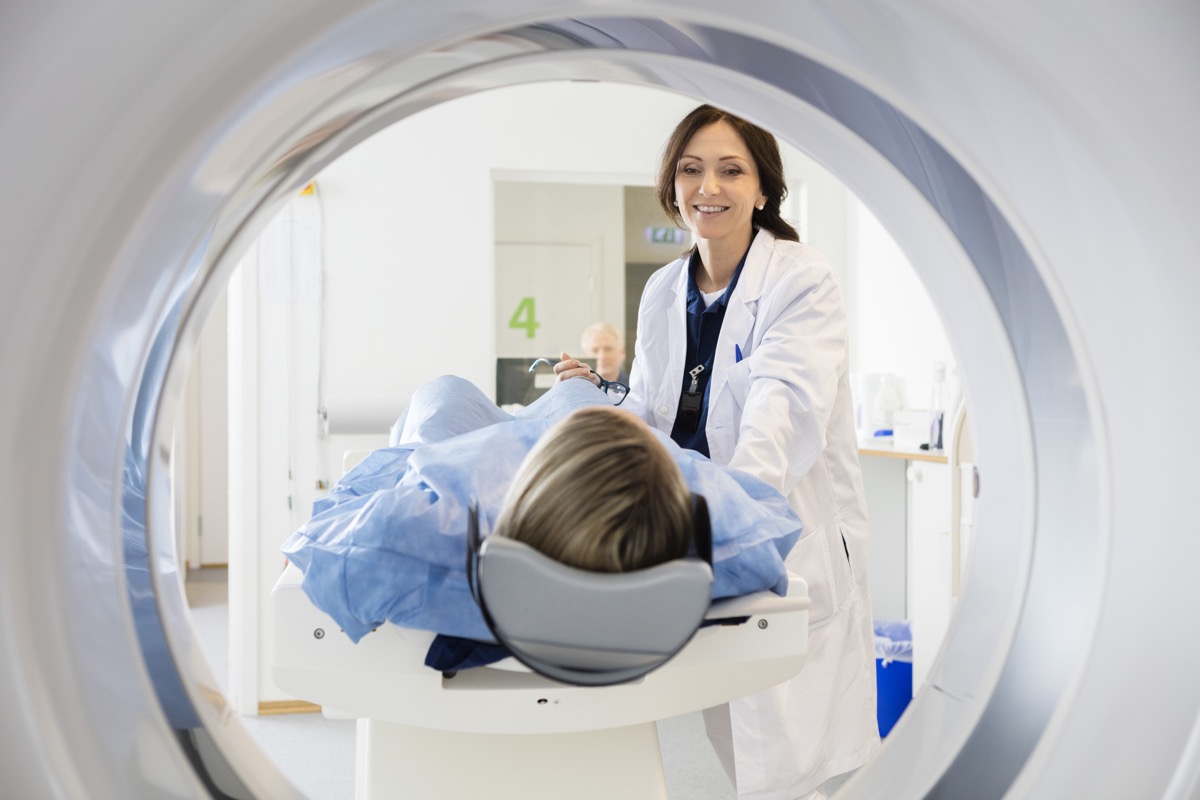
Many people who opt for full-body scans do so in hopes of detecting disease, including cancer, in its earliest and most treatable stages. In theory, this is a good approach to medicine—earlier detection generally leads to better outcomes, explains Ramit Singh Sambyal, MD, a doctor working with ClinicSpots.
Full-body scans can also benefit patients by providing a comprehensive overview of an individual’s health, allowing for personalized and targeted healthcare recommendations. “This can be especially beneficial for those with a family history of certain diseases or risk factors,” Sambyal tells Best Life.
RELATED: FDA Warns Colorectal Cancer Is on the Rise—Here’s 4 Ways to Lower Your Risk.
However, the effectiveness of elective scanning is unproven.
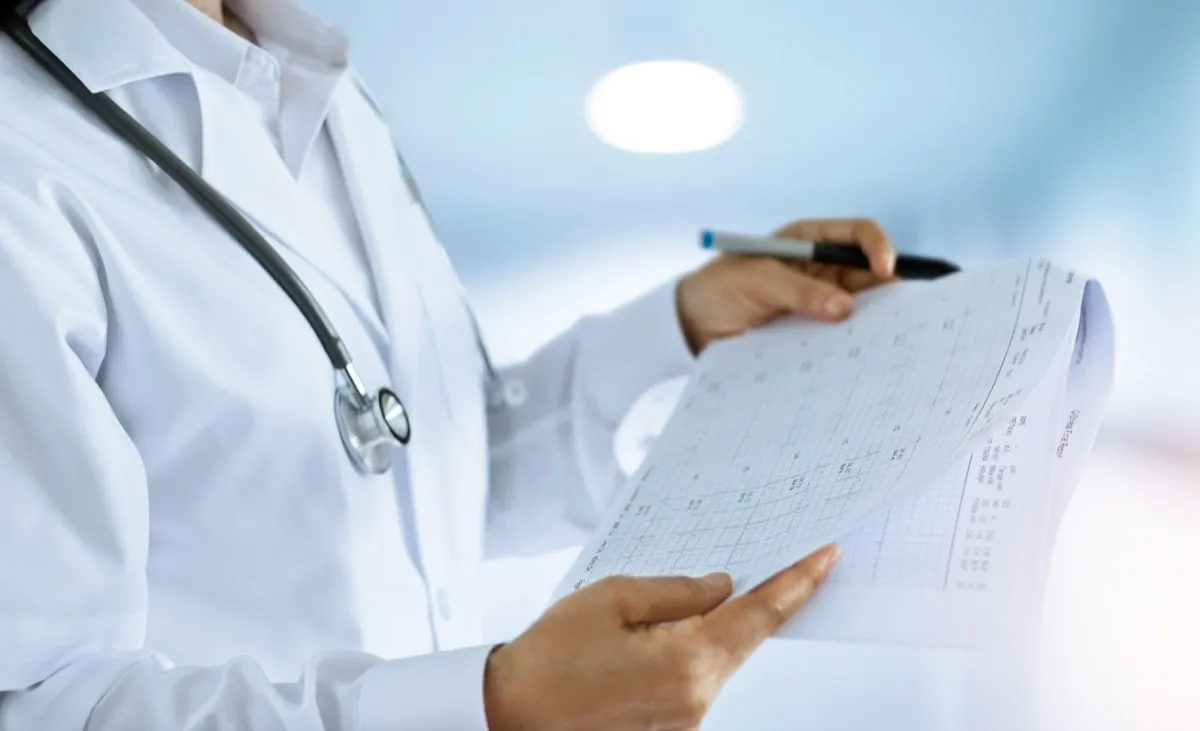
Though it’s true that a full-body scan could help detect cancer and other serious illnesses sooner, doctors say that there are also some potential drawbacks. First and foremost, the American Academy of Family Physicians (AAFP) points out that when asymptomatic patients are screened, estimated tumor detection is less than two percent.
“There are no data suggesting that these imaging studies will improve survival or improve the likelihood of finding a tumor,” AAFP experts write.
There are other drawbacks, too.
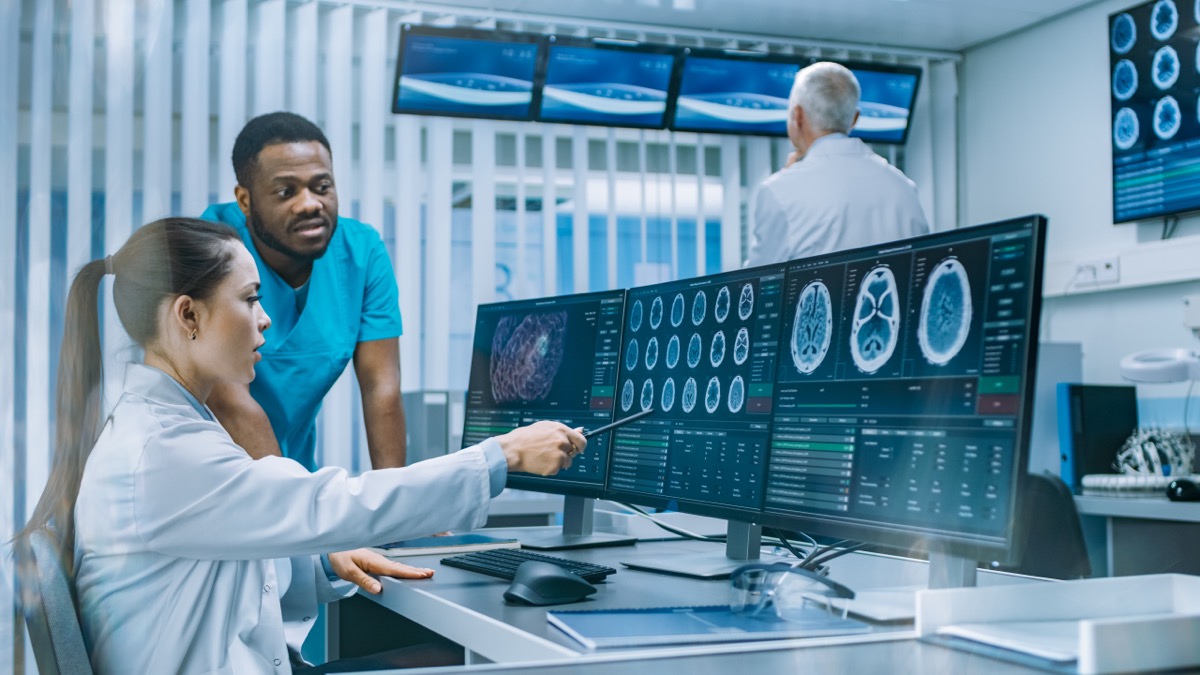
Doctors say that there are other ways that elective full-body scans can cause harm—and that the risks may outweigh the benefits for healthy individuals.
“These scans can lead to over-diagnosis, picking up incidental findings that may never cause harm but lead to unnecessary anxiety and further invasive testing,” explains Praveen Guntipalli, MD, FACP, a double board certified physician and the owner of Sanjiva Medical Spa in Dallas, Texas.
Sambyal adds that some types of full-body scans, such as CT scans, can unnecessarily expose you to radiation. “This can pose a health risk in itself. While the amount of radiation is small, repeated exposure over time can potentially increase the risk of cancer,” he notes.
RELATED: People Who Live to 100 Have These 3 Things in Common, New Research Shows.
Here’s what to do instead, experts say.
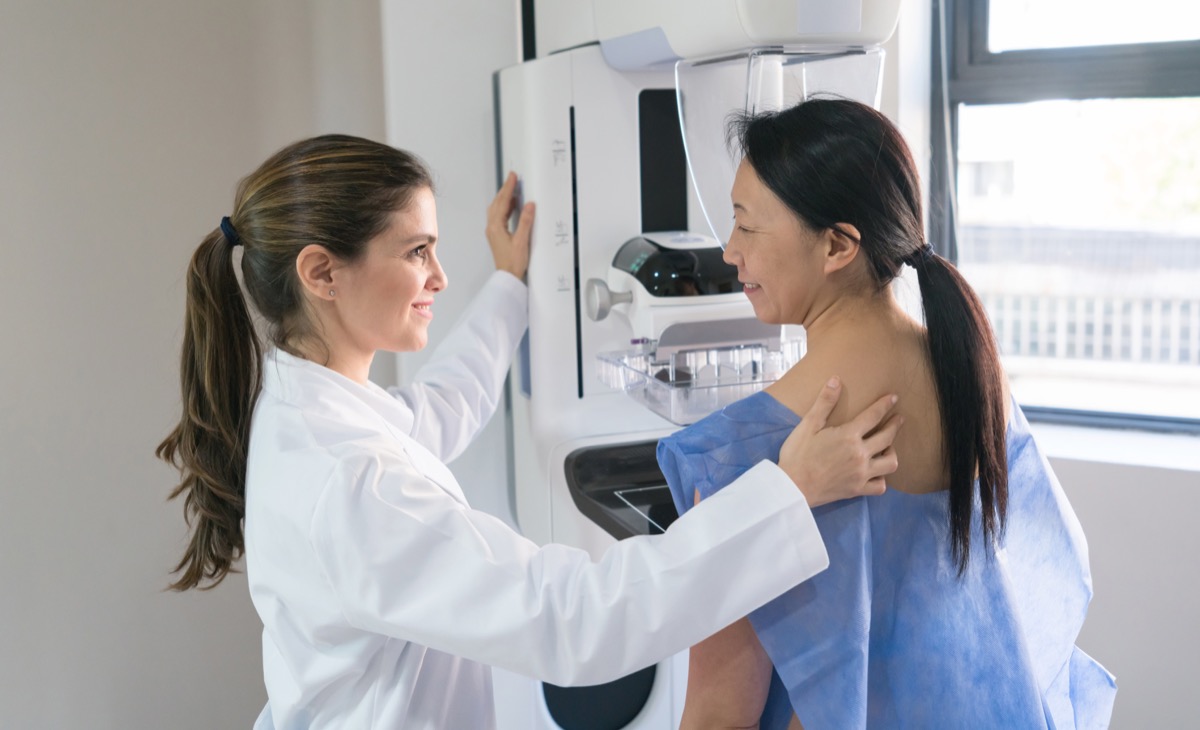
Though full-body scans are getting their moment in the spotlight, experts say that many people underutilize recommended cancer screenings—and that fixing this is a better place to begin.
According to MD Anderson Cancer Center, these scheduled, targeted screening tools are best suited to catch cancer. “A mammogram, for instance, is still the best way to screen for breast cancer because sometimes those lesions are very, very small, and they might not show up on a whole-body scan,” their experts write. “So, if you’re wondering if you should get a whole-body scan, the better question to ask yourself might be, ‘Am I up to date on all of my preventive screenings?'”
Not sure where to begin? Speak with your doctor to find out which screenings may benefit you based on your age and risk level. You can also consult the screening recommendations from the American Cancer Society to help you begin the conversation.
For more health news sent directly to your inbox, sign up for our daily newsletter.
Best Life offers the most up-to-date information from top experts, new research, and health agencies, but our content is not meant to be a substitute for professional guidance. When it comes to the medication you’re taking or any other health questions you have, always consult your healthcare provider directly.